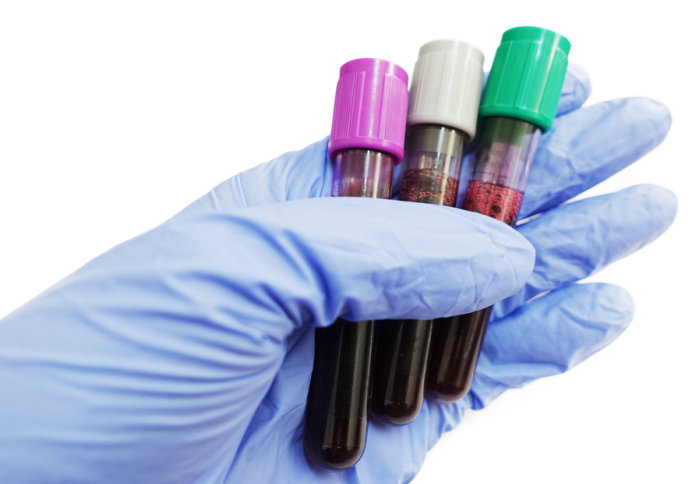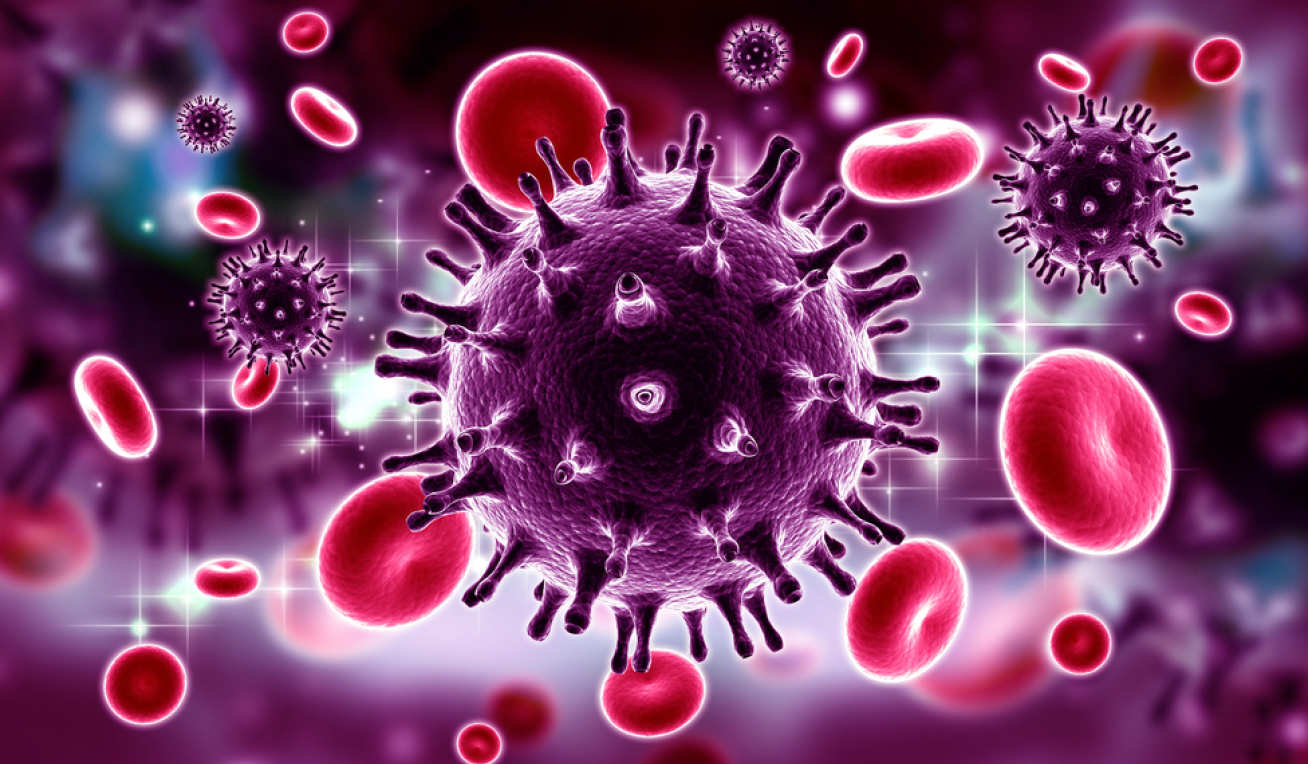Community-wide HIV testing shown to be cost-effective
by Kate Wighton

Community-wide HIV testing and prompt initiation of treatment could lead to substantial reductions in new HIV cases and be cost-effective.
This is according to projections from mathematical modelling and cost-effectiveness analyses presented at the 10th International AIDS Society Conference on HIV Science in Mexico City.
This study was part of an ongoing trial, called PopART, that examined the impact of a package of HIV prevention interventions, including universal testing and treatment, on community-level HIV incidence amongst more than one million people living in Zambia and South Africa.
Cost-effective - and life-saving - approach
Primary results were presented early this year and published in The New England Journal of Medicine, and showed delivery of an HIV prevention package that included offering in-home HIV testing to all household members, with immediate referral to HIV care and treatment for all people living with HIV, can substantially reduce new HIV transmissions. The trial could also help to achieve the UNAIDS 2030 targets.

“We found the PopART home-based intervention package costs between $5.10-$6.80 in Zambia and $6.40-$8.20 in South Africa per year and per person older than 14 years of age living in the study communities,” said Dr. Katharina Hauck, health economist at the School of Public Health, Imperial College London. “If sustained until 2030, the cost per disability-adjusted life-year would range between $465-$847 in Zambia and $503-$922 in South Africa, which would fall within the range considered as cost-effective.”
Dr. William Probert, infectious disease modelling researcher, Nuffield Department of Medicine, University of Oxford, added: “Our projections show the impact of a sustained PopART intervention builds up over time. We estimate by 2030 HIV incidence in the communities where the study was conducted could be half what it would be without adopting this intervention,” said
Wider implications for reducing infection
The research team was led by Dr. Richard Hayes, professor of epidemiology and international health at the London School of Hygiene and Tropical Medicine and Dr. Sarah Fidler, clinical professor of HIV medicine at Imperial College, London.
The research team in Zambia was led by Dr. Helen Ayles, director of research, Zambart, Lusaka, Zambia. The research team in South Africa was led by Dr. Nulda Beyers and Dr. Peter Bock, research clinicians, Desmond Tutu TB Centre at Stellenbosch University, Cape Town, South Africa.
“The HPTN 071 study adds to compelling evidence that HIV testing and rapid initiation of treatment is important not just for personal health, but also to reduce the number of new HIV infections in sub-Saharan Africa,” said Dr. Myron Cohen, HPTN co-principal investigator and director of the Institute for Global Health at the University of North Carolina at Chapel Hill, N.C.
-
HPTN 071 (PopART) was sponsored by the National Institute of Allergy and Infectious Diseases (NIAID), part of the National Institutes of Health, with primary funding from the U.S. President's Emergency Plan for AIDS Relief (PEPFAR), which is administered by the Office of the U.S. Global AIDS Coordinator and Health Diplomacy in the U.S. Department of State.
Additional funding was provided by the International Initiative for Impact Evaluation (3ie) with support from the Bill & Melinda Gates Foundation, as well as by three NIH institutes: NIAID,
Article text (excluding photos or graphics) © Imperial College London.
Photos and graphics subject to third party copyright used with permission or © Imperial College London.
Reporter
Kate Wighton
Communications Division